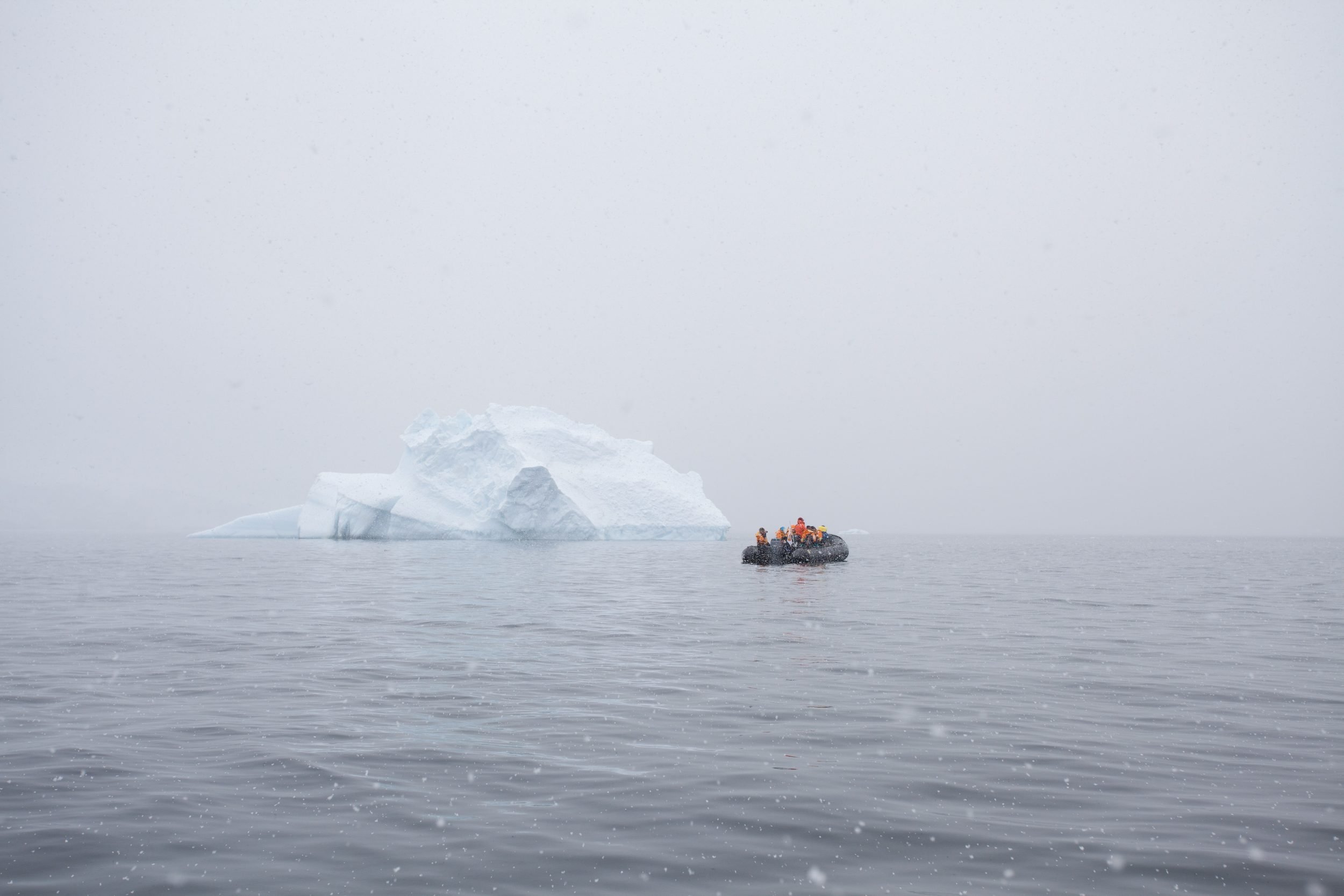Scotland and Canada share a common determination to tackle climate change and promote a sustainable use of natural resources.
While these twin global crises require firm leadership at both a national and an international level, their effects are most visible on a regional and local scale.
The economic, social and cultural wellbeing of rural and remote communities is highly dependent upon natural resources that are deeply affected by climate change. The case of Inuit communities in the Canadian Arctic and rural communities in Scotland shows that those who are most vulnerable to climate change have often contributed little to the problem.
But communities can also have a crucial role in driving solutions. Local and indigenous knowledge can inform a place-based approach to developing strategies and answers that reflect local needs.
Inuit communities are repositories of knowledge and practices that have successfully promoted a sustainable use of natural resources for generations. In Scotland, rural and remote communities are increasingly taking the lead in running local projects that reduce carbon emissions, cut waste, and lower energy use.
This event will promote a Scottish-Canadian dialogue on how national and local efforts can go hand in hand in co-producing sustainability. Empowered communities can be active contributors to developing approaches that, while strengthening local resilience and protecting the natural heritage, assist the achievement of national and international targets.
The Scottish Government in conjunction with the Royal Canadian and Royal Scottish Geographical Societies invite you to attend a panel discussion with the following speakers:
- Scottish Minister for Rural Affairs and the Natural Environment, Ms. Mairi Gougeon
- Vice President for International Affairs, Inuit Circumpolar Council Canada, Ms. Lisa Koperqualuk
- Keeping Scotland Beautiful, Mr. Alastair Seaman



